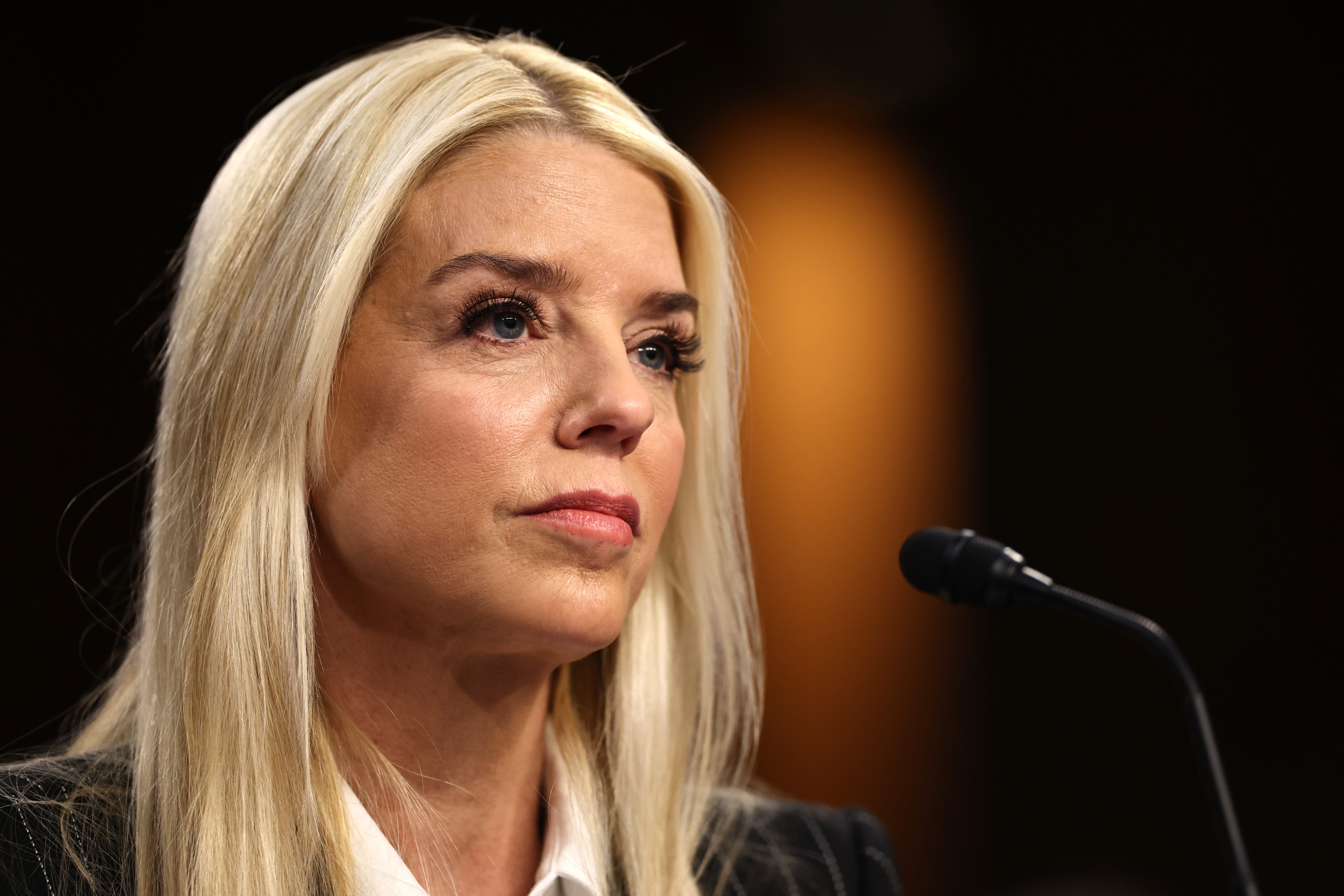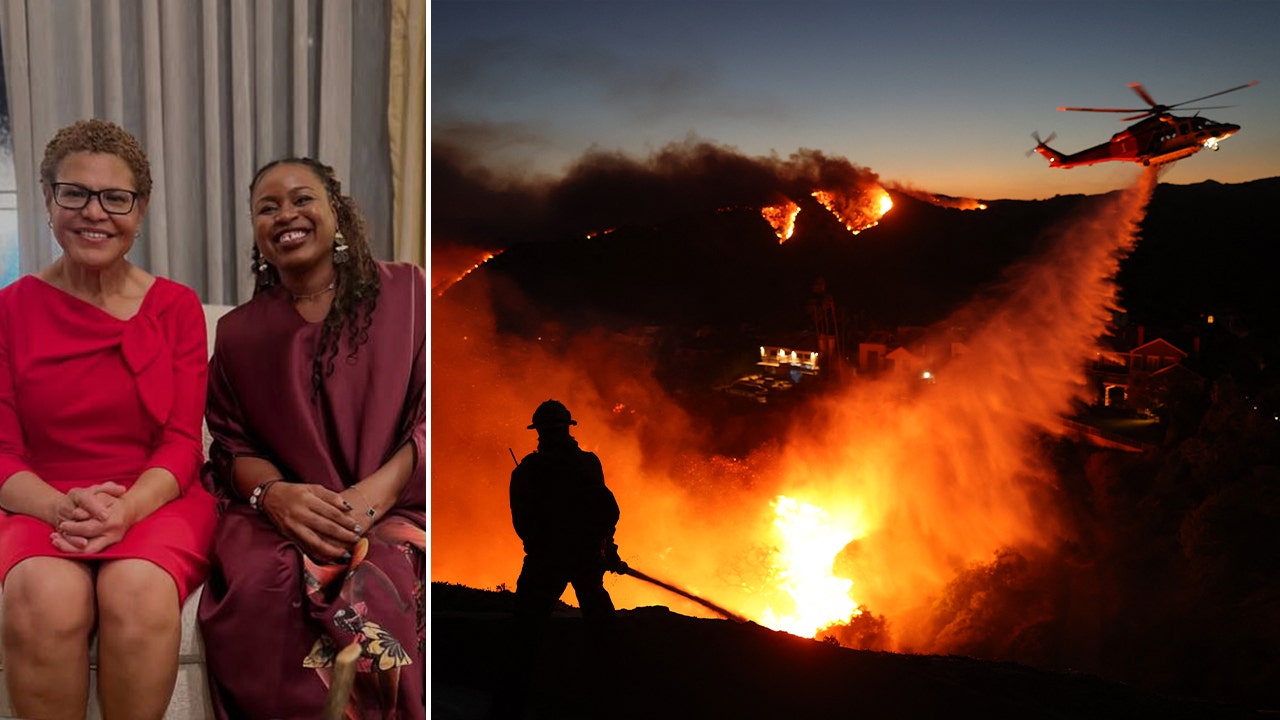The Crown creator Peter Morgan has pang of conscience over show’s portrayal of Princes William and Harry, sources say
With its lurid and inaccurate portrayal of the Royal Family, Netflix‘s flagship drama The Crown caused such outrage, Culture Secretary Oliver Dowden called for a disclaimer to be added, making clear that it’s a work of fiction.
Netflix refused, but its creator, Peter Morgan, seems to be having a belated crisis of conscience.
Sources close to the scriptwriter make the dubious claim he feels a sense of ‘responsibility’ towards Princes William and Harry, who will be shown struggling to deal with the death of their mother, Princess Diana, when they were children.
Sources close to scriptwriter Peter Morgan (pictured) make the dubious claim he feels a sense of ‘responsibility’ towards Princes William and Harry, who will be shown struggling to deal with the death of their mother, Princess Diana, when they were children [File photo]
Edith Bowman, host of The Crown: The Official Podcast, on which Morgan is a regular guest — reveals: ‘I’ve spoken to him about it and he’s very conscious about the responsibility he feels to Harry and William with this programme moving forward.
‘Because what they’ve been through already has just been excruciating for two young boys and young men. He feels he has a sense of duty to them.’
The award-winning drama was originally to be five series, four of which have already been broadcast.
Harry (pictured left with Prince William) defended The Crown in an interview with chat-show host James Corden in February [File photo]
However, Morgan announced last autumn that he’d decided to add another series, to cover the early 21st century — following Diana’s death in 1997 — ‘in order to do justice to the richness and complexity of the story’.
Morgan was unavailable for comment.
Harry — now paid by Netflix to make TV shows with wife Meghan — defended The Crown in an interview with chat-show host James Corden in February.
He said he had seen the drama, adding: ‘It’s fictional, but loosely based on the truth.’
He explained that it gives a ‘rough idea’ of the pressures of ‘putting duty and service above everything else’.



